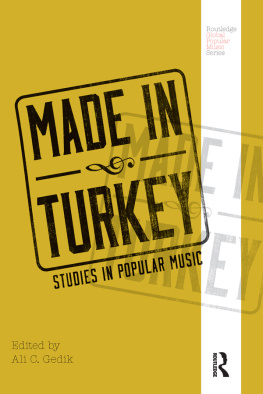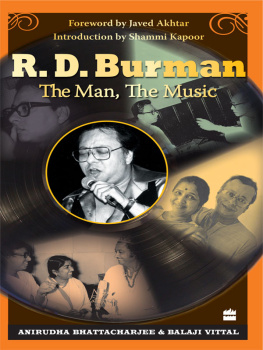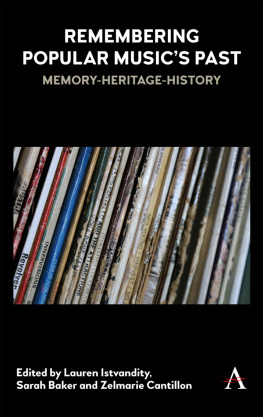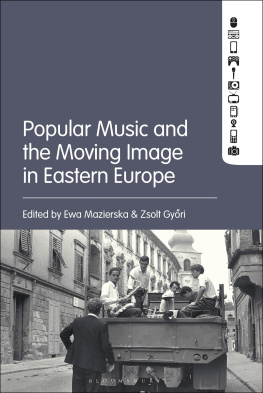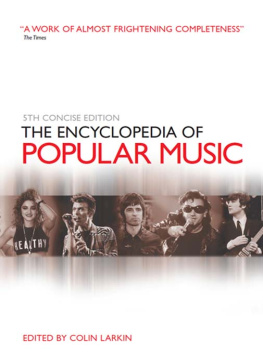
- Oxford University Press is a department of the University of Oxford.
- It furthers the Universitys objective of excellence in research, scholarship,
- and education by publishing worldwide.
- Oxford New York
- Auckland Cape Town Dar es Salaam Hong Kong Karachi
- Kuala Lumpur Madrid Melbourne Mexico City Nairobi
- New Delhi Shanghai Taipei Toronto
- With offices in
- Argentina Austria Brazil Chile Czech Republic France Greece
- Guatemala Hungary Italy Japan Poland Portugal Singapore
- South Korea Switzerland Thailand Turkey Ukraine Vietnam
- Oxford is a registered trademark of Oxford University Press
- in the UK and certain other countries.
- Published in the United States of America by
- Oxford University Press
- 198 Madison Avenue, New York, NY 10016
- Oxford University Press 2013
- All rights reserved. No part of this publication may be reproduced, stored in a
- retrieval system, or transmitted, in any form or by any means, without the prior
- permission in writing of Oxford University Press, or as expressly permitted by law,
- by license, or under terms agreed with the appropriate reproduction rights organization.
- Inquiries concerning reproduction outside the scope of the above should be sent to the
- Rights Department, Oxford University Press, at the address above.
- You must not circulate this work in any other form
- and you must impose this same condition on any acquirer.
- Library of Congress Cataloging-in-Publication Data
- Popular music and the new auteur : visionary filmmakers after MTV / edited by Arved Ashby.
- pages cm
- Includes bibliographical references and index.
- ISBN 9780199827336 (hardcover : alk. paper)ISBN 9780199827350 (pbk. : alk. paper)
- 1. Motion picture musicHistory and criticism. 2. Popular music in motion pictures.
- I. Ashby, Arved Mark.
- ML2075.P65 2013
- 781.5'42dc23
- 2013007164
- 9 8 7 6 5 4 3 2 1
- Printed in the United States of America
- on acid-free paper
Popular Music and the New Auteur:
Visionary Filmmakers after MTV
Arved Ashby
(p.vii) Acknowledgments
This book originated with a session on auteurs use of popular music that I proposed in 2005 for the Chicago meeting of the Society for American Music. Julie Hubbert and Jeff Smith gave early versions of their Scorsese and Coen brothers essays, and it was their provocative ideas on those music-cinematic stylists that inspired a larger project. Because of Julie and Jeffs knowledge and eager advice, not to mention the extraordinary patience they showed while the volume slowly came together, this project is as much theirs as anyones.
Others urged the project to fruition by suggesting additional topics and contributors. Wonderful counsel was given by such authoritiesamong them Anahid Kassabian, David Butler, Graham Lock, and Krin Gabbardthat the final authors have not only managed to survey a wealth of recent cinematic creativity, theyve brought a remarkable variety of perspectives to their task.
All of us are very much indebted to our acquisitions editor Norm Hirschy, who was ever attentive with his wise and enthusiastic guidance, and ever encouraging from the first moment I mentioned the books topic to him. I still have no idea how Norm can answer e-mails so fast, so wittily, and in such urbane prose. Assistant Editor Lisbeth Redfield and Kate Nunn, our project manager, were both helpful and firm in ushering the volume through production. We also owe a great deal to the anonymous reviewers commissioned by Oxford University Press, particularly the two initial readers who did so much to help focus the book.
The book also owes a debt to the students in a film music seminar that I led at Ohio State University in autumn 2008, the enrollees including Joe Nebistinsky, Andrew Martin, Alison Furlong, and Zhichun Lin. They were astute critics, and my own contributions to this volume would have been poorer without their input. (p.viii)
(p.ix) Contributors
Julie Hubbert, School of Music, University of South Carolina
Tim Anderson, Department of Communication and Theatre Arts, Old Dominion University
Gene Willet, Conservatory of Music, Baldwin Wallace University
Giorgio Biancorosso, Department of Music, University of Hong Kong
Jeff Smith, Department of Communication Arts, University of Wisconsin
Ken Garner, Glasgow School for Business and Society, Glasgow Caledonian University
Arved Ashby, School of Music, Ohio State University
(p.x)
(p.xi)
Popular Music and the New Auteur (p.xii)
Introduction
Arved Ashby
Abstract and Keywords
Pop songs are no longer the awkward cinematic stepchild to traditional orchestral underscoring, but have become a powerful and often unpredictable element in their own right. This unpredictability is conveyed by two overall conceptual poles: the synergistic or integrative effect vs. the divergent or disintegrative effect in making songs central to the soundtrack and even the story and dialogue or narration of a film. One could refer to the divergent effect as a kind of splitting of cinematic seams, and a number of the following chapters pursue this idea in compelling ways. Ultimately, popular songs force us both to strengthen and reformulate the very institution of authorship in recent stylized filmmaking.
Keywords: auteur, movie directors, popular music, music video,voice
By the late 20th century, authorship was largely defunct as cultural institution and as intellectual constructthe mindful creator of texts killed in Paris, embalmed at Yale, [and] mourned in Cambridge, as James Wood put it some years ago in the Guardian. In their view, films commercial basisits high production costs and financial politics of distributionhave made it the auteurist medium par excellence. Directors and even some producers have become brand names by which American films, those shown in the giant cineplexes and art-house cinemas, are sold. Moviegoers rush to a new film by Steven Spielberg, Ron Howard, or Quentin Tarantino expecting thematic or stylistic consistency with their earlier offerings. For such audiences, directors names are measures of quality, uniqueness, and ultimately relevance and consequencean equation that began as early as D. W. Griffith with his insistence that his name be displayed prominently on-screen, even in his early Biograph films.
So the auteur idea, once dmod in cinema studies, is again in the ascendant. The present collection of essays follows this trend by extending the auteurism idea beyond the historical context of the politique des auteurs, and advancing a conception different from that of Corrigan, Perez, et al. Much recent auteurism is musically oriented, and the seven contributors to this book see important recent cinematic stylizations as specifically (p.2) music-inspired, music-based, and musically conditioned: Our book looks at cinematic visionaries who have given pop songs the kind of centrality once reserved for the script. In presenting seven influential cinematic authors in such a way, our book counters those critics of the auteur idea who stressed the scriptwriters paper-and-ink authorship over any loosely defined notion of directorial auteurism, and thereby emphasized narrative in the narrowest sense. Two such critics were Pauline Kael and Gore Vidal, the latter of course a novelist and author in his own right. The filmmakers discussed in our own volumeamong them David Lynch, Wong Kar-wai, and Quentin Tarantinoupended a basic duality. What they subverted was the long-term cinematic practice whereby popular music, if it appeared at all, served to articulate the narrative while orchestral, symphonic sounds mediated between narrative and moviegoer. The contributors to this book really follow two projects, then: They make a case for renewed understanding of auteurism, but also discuss popular music as an integral element in mise en scne.


